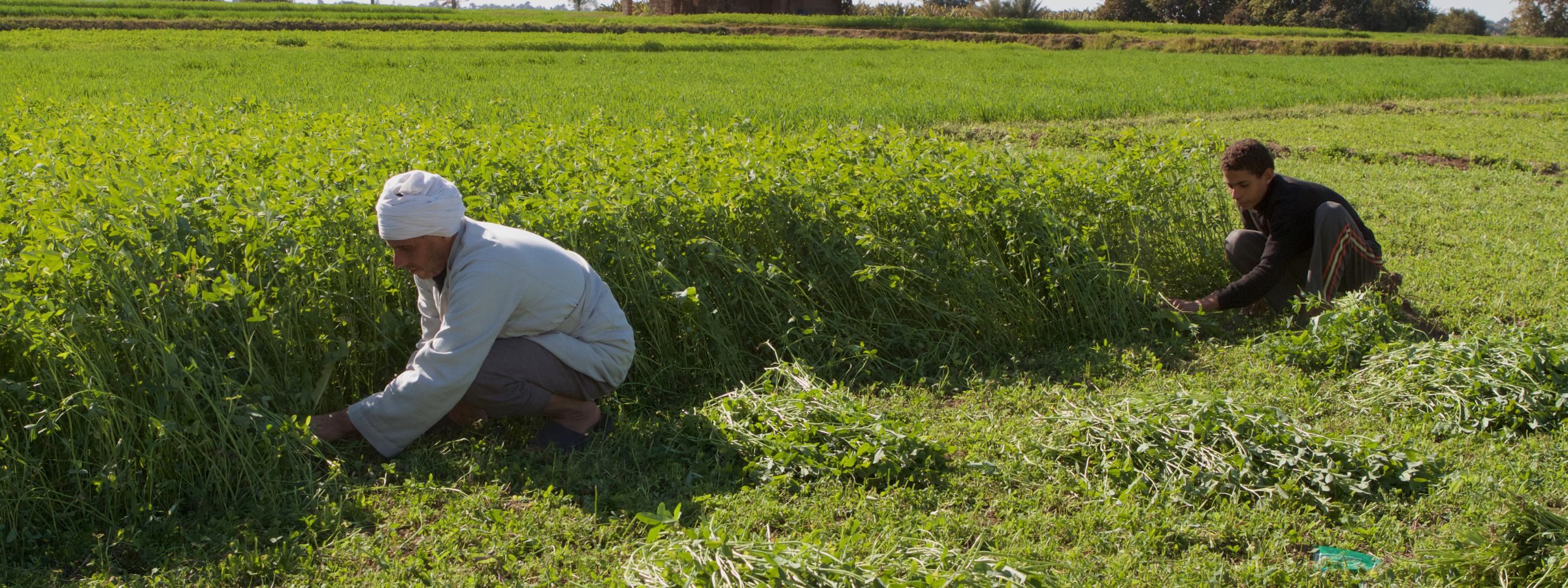By Shaymaa El-Demery, Deputy General Manager, Sustainability and Sustainable Finance, Central Bank of Egypt
While the Central Bank of Egypt (CBE) is considered in its early stages of implementing Inclusive Green Finance, the concept of sustainable finance is increasingly understood in our banking sector, and this awareness is being transferred to customers and investors.
CBE’s sustainability story started with the establishment of a Sustainability department in 2019. In July 2021, CBE issued guiding sustainability principles for the banking sector, focusing on six principles:
- Building the necessary capabilities and knowledge
- Enhancing sustainable finance
- Involvement of the stakeholders
- Managing climate change risks
- Applying principles of sustainability to bank’s internal activities and operations
- Reporting
After conducting a gap analysis within the banking sector, the CBE issued binding regulations to the banking sector in November 2022. The regulations mandated banks to:
- Incorporate sustainable finance policies into banks’ credit and investment policies, through the relevant departments.
- Banks’ Board of Directors are to ensure the implementation of the policies and procedures that are put in place regarding sustainable financing, and are expected to validate the required reports.
- Establish an independent department for Sustainability and Sustainable Finance, reporting directly to the Chief Executive Officer (Managing Director) or their deputy.
- Banks are committed to prepare the following periodic reports:
- Semi-annual status report on the implementation of the Sustainable Finance Guiding Principles
- Quarterly quantitative report on banks’ sustainable financing activities within their credit portfolios
- Annual Sustainability Report (prepared in accordance with the Global Reporting Initiative (GRI))
- Banks to consult an environmental expert accredited by the Ministry of Environment to assess the environmental risks of large corporate projects that are to be financed.
Today, 100% of banks are integrating sustainability policy and procedures into credit finance and investment finance. CBE is conducting an impact assessment of banks’ progress around sustainability and their sustainable goals.
We still have much to do in terms of implementing our Inclusive Green Finance roadmap; quality of data is a particular issue to be addressed.
For now, our main focus is on capacity building. We work both with banks’ sustainability departments and with business lines such as corporate, SME, Risk, retail financing and SMEs, building their understanding on the concept, so they can transfer that knowledge onto their customers.
Knowledge transfer is especially crucial in agriculture, a sector which is directly exposed to climate change, and a major component of the Egyptian economy, both in terms of livelihoods and of labour force.
A focus on financing climate mitigation projects, along with implementing modern irrigation methods, are both important aspects. This also entails financing projects that address vulnerable segments who are affected by climate change, including women and people in rural areas.

